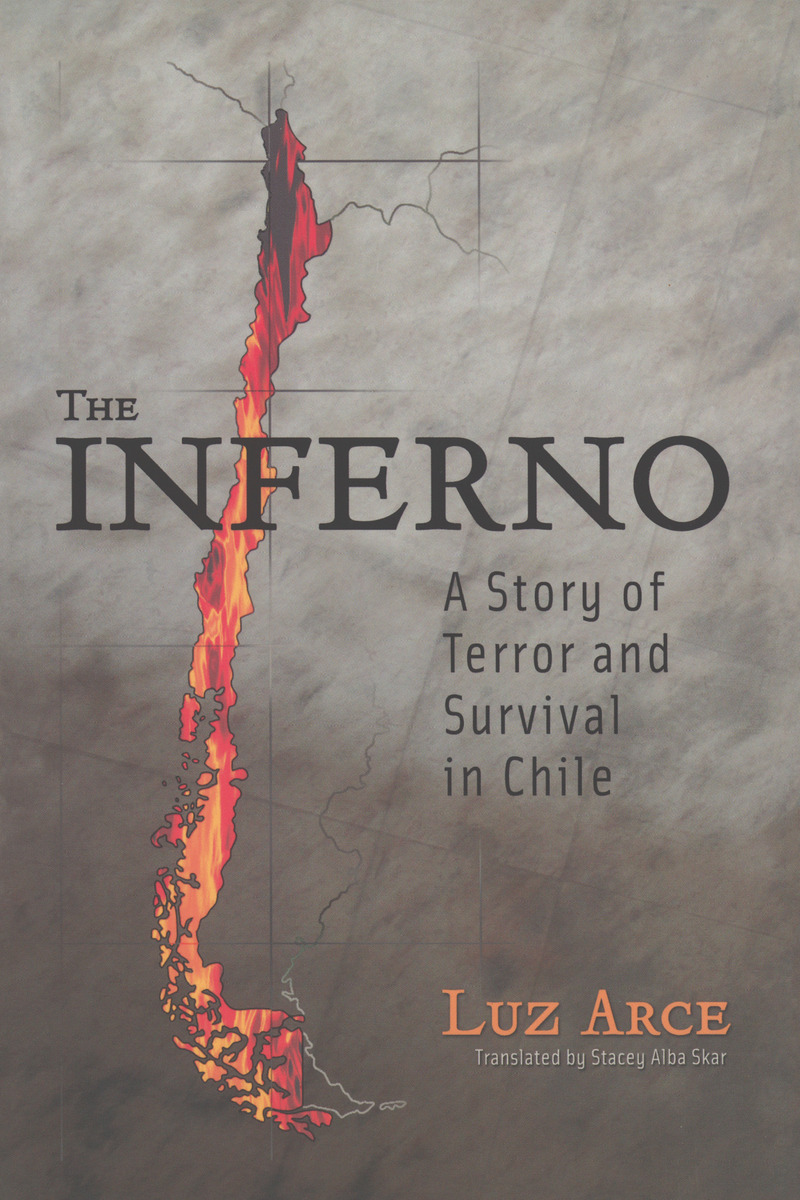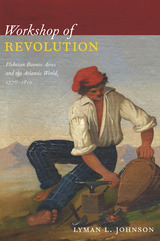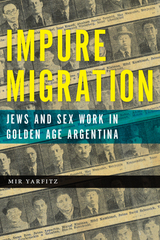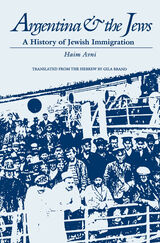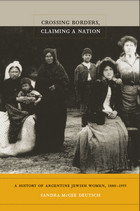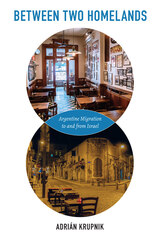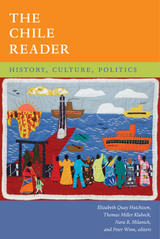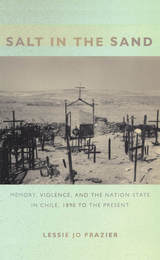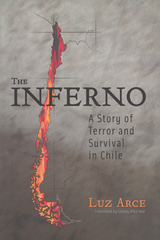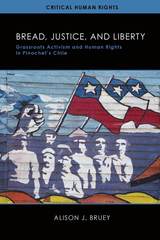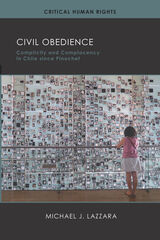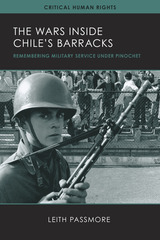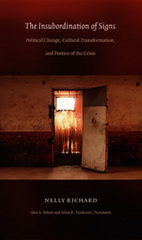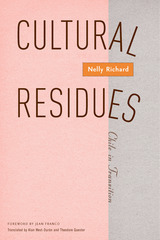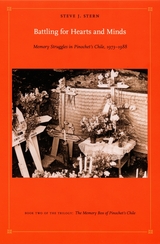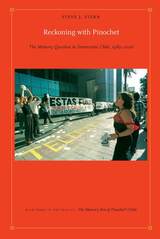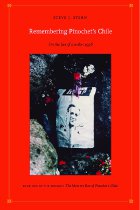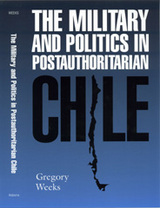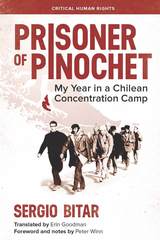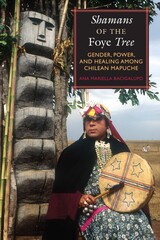<table of contents, p. vii>
Contents
Prologue 000
Preliminary Thoughts 000
<LINE SPACE>
Part 1
1. Early Experiences 000 / In the GAP 000 / Socialist Militant 000 / GEA (Special Support Groups) 000
2. September 11, 1973 000
3. Clandestine Life 000 / The Personal Option 000 / Contact on Italia Avenue 000 / Party Work 000 / Ricardo Ruz Zañartu 000
4. At the Yucatan Detention Center 000
5. Tejas Verdes 000
6. Military Hospital (Hosmil) 000 / Other Prisoners at the Hosmil 000 / Conversation with the Assistant Director 000 / The Chaplain and the Eucharist 000
7. Nightmare in the Bathroom 000 / Rodolfo, Air Force Soldier 000 / End of the First detention 000
8. Freedom under Surveillance 000
9. Second Detention 000 / My Grandfather 000 / Face-to-Face with Private Rodolfo 000 / In the Tower at the Villa Grimaldi 000
10. Back to the Yucatan Detention Center 000 / Ricardo Lawrence Mires 000 / Collaboration 000 / Further and Further 000
11. Nightmares 000 / Marcelo Moren Brito 000 / At the Yucatan Detention Center Again 000 / A Compañero from the Party 000 / Mario Aguilera Salazar 000
12. Another Detention Center 000 / You Are Luz, I Will Be Somba 000 / Osvaldo Romo 000 / Cuatro Alamos 000 / The Unborn One 000
<LINE SPACE>
Part 2
13. Ollagüe Detention Center 000
14. Traitor and Whore 000 / Palmira Almuna Guzman, "Pepa" 000 / Lieutenant "Pablo" 000
15. My Lung Infection and My Last Meeting with My Brother 000 / Thoughts at Ollagüe 000 / Hunger for Bread 000 / Seeing My Family 000 / Female Personnel at Ollagüe 000
16. Lumi Videla Moya 000 / Sergio Perez Molina 000
17. The Day Miguel Died 000 / Alejandra's Suicide Attempt 000 / Captain Ferrer, alias Max Lenou 000
18. The Terranova Detention Center-Villa Nova Grimaldi 000 / 000 / Christmas 1974 000 / New Year's Eve at Terranova 000 / Investigation 000
19. My Son and Family Court 000 / Creating the Vampiro Group 000 / Rolf Wenderoth Pozo 000
20. A Compañero: "Joel" 000 / Bill Beausire Alonso 000 / Hugo Martinez, alias "Tano" 000 / The Eight from Valparaíso 000 / Lautaro Videla's Arrest 000 / Marcelo Moren Brito's Nephew 000 / The Press Conference 000 / The Little House Next to the Tower 000
21. Major Wenderoth's Trip 000 / General Bonilla's Death 000 / Alfredo Roja's Arrest 000 / Delia 000 / Ariel Mancilla 000 / Pedro Espinoza's Trip
22. The Cigarette Case 000 / Leonardo Schneider, alias "El Barba"
23. DINA Employee 000 / "Marcos'" Escape 000 / The Arrests of Ricardo Lagos, Exequiel Ponce, and Carlos Lorca Tobar 000 / At the San Borja Towers 000 / The 119 000 / An Incident with Fuentes Morrison 000 / Battle on Malloco Street
24. Christmas at Terranova 000 / Patricio 000 / Hasbún and Contreras 000 / Testimony before the United Nations
25. Analyst at the Department of Intelligence 000 / Edgardo Enriquez Espinoza 000 / OAS Metting in Chile 000 / Carmelo Soria 000 / The DINA behind Criminal Acts 000 / My Son's Visit with His Father
26. National Intelligence School 000
27. After the National Intelligence School 000 / "Chaty," Army Second Lieutenant 000 / Uruguayan Identity 000 / Change from the DINA to the CNI
28. Colonel Contreras 000
29. Contreras' Promotion to General 000 / Contreras Is Replaced 000 / Michael Townley 000 / Farewell Reception at the General's House 000 / Incident with Colonel Pantoja 000 / Rolf Wenderoth's Resignation 000 / 000
30. The CNI Investigates the DINA 000 / Another meeting with Pantoja 000 / Colonel Suau 000 / The Trial and the Incident with Colonel Concha
<LINE SPACE>
Part 3
31. In the CNI's Computer Unit 000 / Peace and Instability 000 / Request, to Resign 000 / Fragments of an Identity
32. Operation Celeste 000 / An Incident at the "München" Restarant 000 / Dolly's Place 000 / Visitors from Chile 000 / Trip to Santiago 000 / Back to Montevideo 000 / Return to Chile 000 / Ricardo Ruz's Death
33. Meeting Juan Manuel 000 / In Hiding Again 000 / Pain and Happiness in My Family 000 / Conversion and Father Geralso 000 / Father José Luis
34. Declaration before the National "Truth and Reconciliation" Commission 000 / Carlos Fresno 000 / Meeting with Erika and Viviana
35. In Europe 000 / Above All a Christian 000 / On Hatred and Reencounters 000 / Mrs. Gloria Olivares 000 / The Chilean Bureau of Investigations
36. In the Courts 000 / Encounter with Rolf Wenderoth Pozo 000 / Encounters with Geraldo Urrich and Manuel Carevic 000 / Basclay Zapata, alias "El Troglo" 000 / Fernando Lauriana
37. Miguel Krassnoff Martchenko 000 / Face-to-Face with Marcelo Moren Brito 000 / Encounter with Ricardo Lawrence Mires 000 / Other Court Proceddings
38. Maria Alicia, Alias "Carola," Alejandra, and Luz 000 / Mrs. Dobra Lusic nadal 000 / "I have Not Worked Alone" 000 / From Slavery to Freedom 000 / How Can One hate Someone Who Could Someday Be My Brother? 000
39. The Iron Fist 000
<LINE SPACE>
Notes 000
Index 000
Library of Congress Subject Headings for this publication: Chile Politics and government 1973-1988, Chile, Central Nacional de Informaciones, Political persecution Chile, Human rights Chile, Arce, Luz
